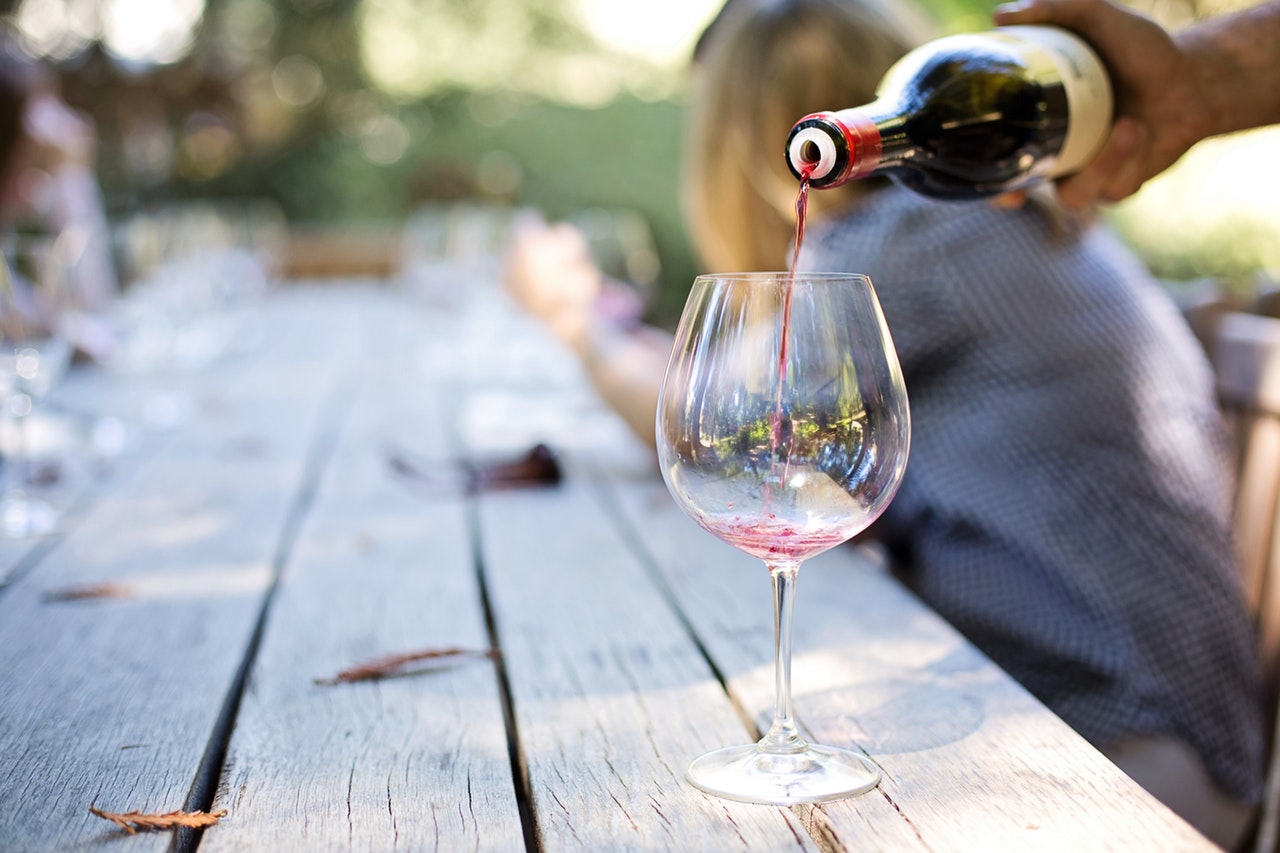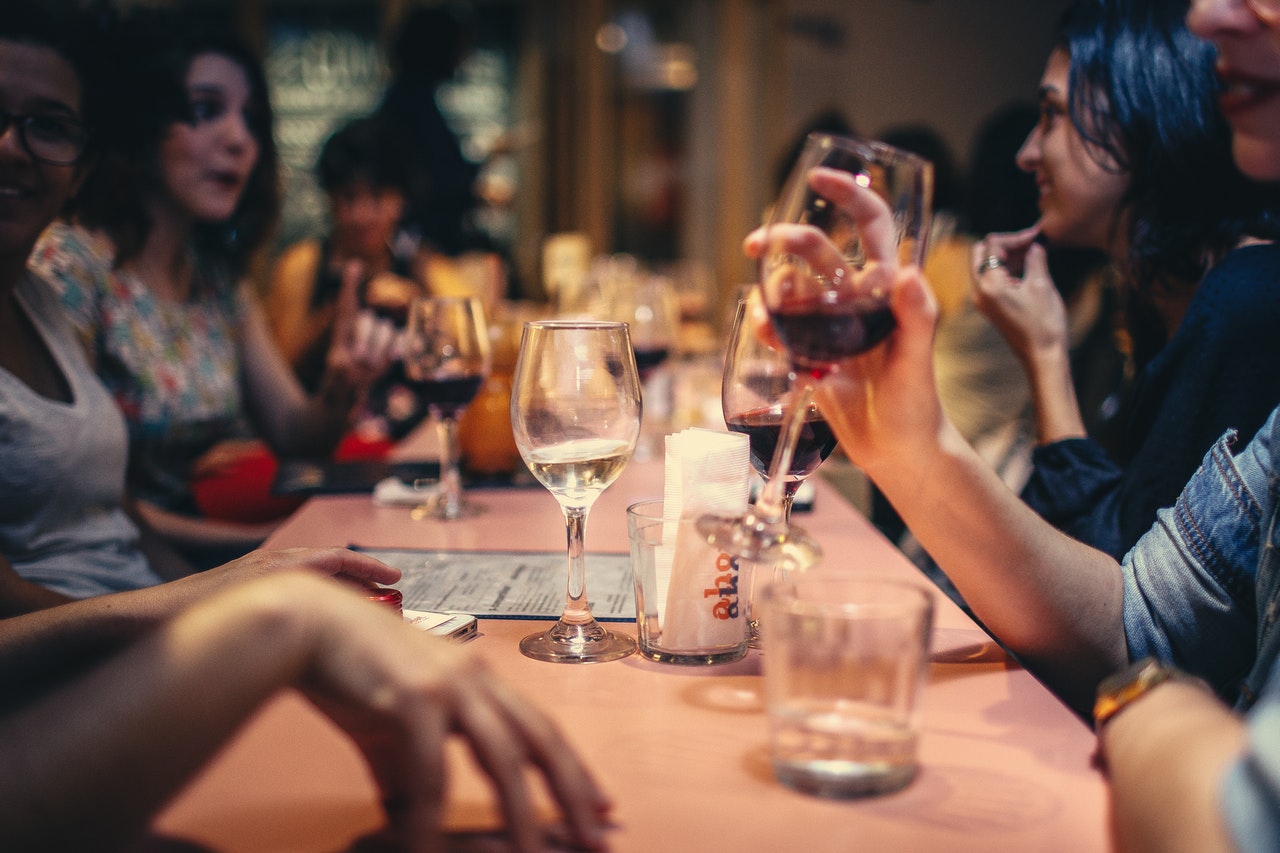While many people associate wine snobbery with something obnoxious and pretentions, the fact that someone called you a snob due to your refined taste in wine should be seen as a compliment. Casual drinkers might find your refined palate worthy of mockery, but it’s clear that they don’t understand just how much brain action and practice goes into proper wine tasting activity. Luckily, science is here to help destroy all prejudice! In reality, wine tasting can be more stimulating to the brain than listening to music, engaging in sports and even solving complex mathematical problems. Let’s see how exactly your love for wine can help your brain.
Why is wine tasting so complex
Gordon Shepherd, a Yale neuroscientist, explains is his work Neuroenology: How the Brain Creates the Taste of Wine that wine tasting is more engaging for the brain than any other human behaviour. While he explains the process of wine tasting in great detail (from the complex manner people manipulate the wine in their mouths to its smell, colour and dynamic and the way our brains process this collected information) you don’t have to read his work in order to reap the benefits. For all of us who prefer to drink wine over reading about it, here’s the gist of his work: unlike math that requires a specific source of knowledge, wine tasting engages all human senses and brainpower. Even some more basic steps of the wine tasting process, such as taking a sip, are much more complex than we previously thought. When you take wine into your mouth, you don’t just let it sit there, but you move it around before swallowing which can be a demanding motor act.

How our brain helps distinguish the taste
Probably the most demanding part of wine tasting is discovering all the hidden flavours. When we drink wine, it’s the brain that creates flavours we love so much. It’s similar to perceiving colour. The objects around us don’t actually have colour—the sensation that we perceive as colour is created by light that hits them and then reaches our eyes. When the reflected light reaches the receptive part of the eye, it activates complex systems in the brain that translate wavelength into colour. The same thing happens with wine. While molecules in wine don’t carry any flavour on their own, when they hit our tongue, they stimulate the brain that actually awakens the taste in our mouths. So next time you sample your favourite Burgundy wine, you will have your brain to thank for your wine’s unique complexity. Just make sure to stop at the second glass or you will stop noticing any taste at all!
Benefits just don’t stop coming
Other research also shows the great benefits of wine tasting. For instance, resveratrol, a compound found in red wine, can help limit stress and damage to brain cells, which can prevent premature ageing and disease. Additionally, moderate wine consumption can lower the risk of brain inflammations and help flush out the toxins that can cause serious brain disease. And lastly, red wine can minimize the brain damage that people suffer after a stroke. So, next time you get offered a glass of vino, think twice before saying ‘no’.

Will a quick course in a wine tasting or your bender in the local wine bar turn you into a genius? No. Alcohol is still an intoxicant that can impair mental and physical functions if consumed in larger doses. However, when you carefully taste your wine, consider its qualities and write a tasting note, it can do wonders for your creativity and critical thinking and provide your brain with a big challenge. So, grab your glass and have a toast to all wines of the world. Who needs calculus when you have wine!


